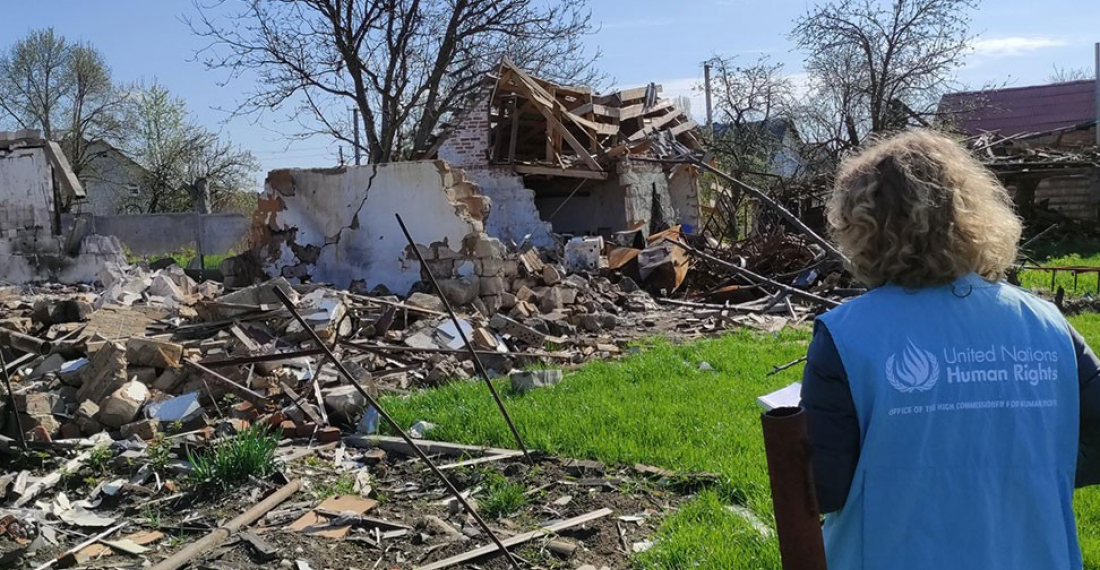UN High Commissioner for Human Rights Volker Türk warned on Thursday (15 December) that the ongoing attacks on Ukraine's infrastructure could cause a significant decline in living conditions and an increase in displaced people.
Millions of people are without heating, clean water or electricity as temperatures plummet. Some 18 million people are already dependent on government assistance or humanitarian aid in Ukraine.
After a four-day visit to Ukraine last week Türk reported to the UN Human Rights Council in Geneva that millions of people are experiencing extreme suffering due to Russia's attacks, and noted the lack of evidence that Moscow is holding its military forces accountable for killing civilians or preventing such actions. Türk remarked that the conflict is an "absolute tragedy and disaster".






